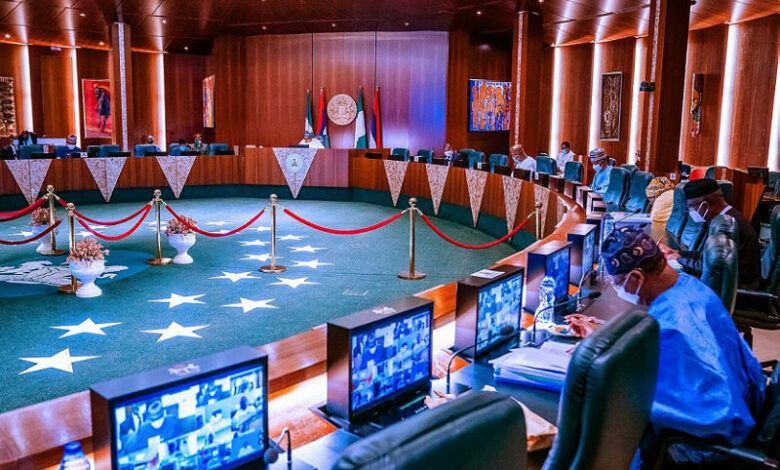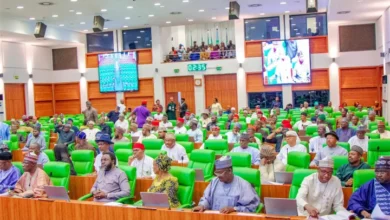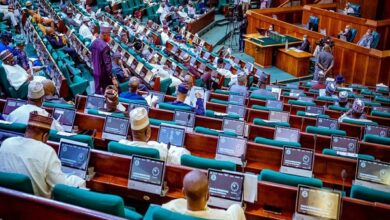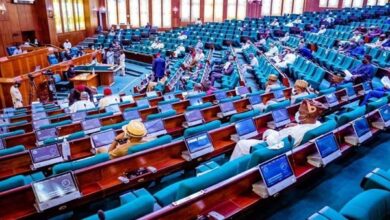FEC approves “Nigeria first” economic policy to boost local industry

Abuja, Nigeria – The Federal Executive Council (FEC) has approved the groundbreaking “Nigeria First” policy to prioritize locally made goods in government procurement.
Consequently, this move aims to strengthen domestic industries while reducing foreign dependency.
Following Monday’s council meeting in Abuja, the government announced the policy, which will soon become law through an executive order.

Minister of Information Mohammed Idris emphasized that Nigerian businesses will now lead government spending.
“This policy ensures Nigeria comes first in all procurements,” he stated.
“Unless justified, foreign goods produced locally will no longer be purchased.”
Additionally, he explained that the initiative fosters a bold, homegrown business culture.
By reshaping spending habits, the government intends to empower local industries and workers.
Moreover, the policy mandates that contracts must enhance local capacity where supply falls short.
Contractors can no longer serve as middlemen for foreign goods, undermining Nigerian manufacturers.
Significantly, this aligns with President Tinubu’s vision for industrialization and economic resilience.
Through self-reliance, the policy seeks to create jobs and insulate Nigeria from global market shocks.
To enforce these changes, the Bureau of Public Procurement (BPP) will revise its guidelines.
First, it will prioritize locally made goods in all government contracts.
Second, a compliance framework will ensure adherence to local content rules.
Third, a registry will track qualified Nigerian manufacturers for federal projects.
Finally, procurement officers will now report directly to the BPP, improving oversight and efficiency.
Furthermore, the policy addresses key challenges like underutilized factories and import competition.
By favoring domestic products, it creates a fairer market for local businesses.
“This builds a resilient economy,” Idris noted. “Where local supply lags, contracts will develop capacity instead of outsourcing abroad.”
Ultimately, this marks a strategic shift toward economic sovereignty.
By reducing import reliance, Nigeria can boost innovation and industrial growth.
As implementation begins, stakeholders must collaborate for success.
With a focus on quality and capacity-building, “Nigeria First” could drive sustainable development.
Post Views: 35





